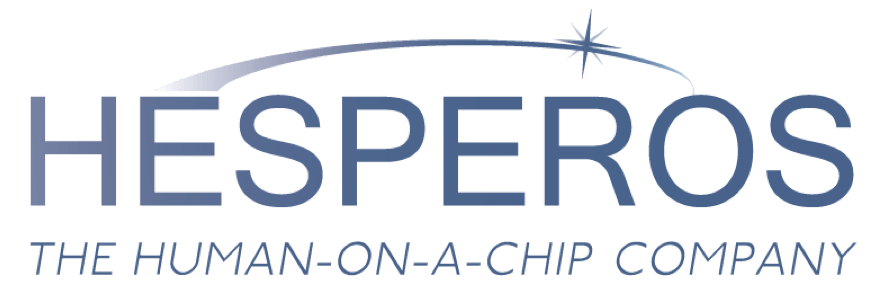Getting drugs past the neuroprotective blood-brain barrier (BBB) has been a perplexing problem and formidable challenge for researchers and pharmaceutical companies alike.
Hesperos’s creation of a microfluidic model capable of mimicking in vivo characteristics of the blood-brain barrier for prolonged periods was therefore widely welcomed, and recently earned CEO Michael L. Shuler recognition from the American Chemical Society.
At ACS’s Annual Meeting in New Orleans, Shuler was announced as the recipient of the Biotechnology & Bioengineering Gaden Award, named after Biotechnology & Bioengineering founding editor Elmer Gaden, Jr., in recognition of a high-impact paper reflecting exceptional innovation, creativity and originality.
Shuler, who is also the Samuel B. Eckert Professor of Engineering in the Meing School of Biomedical Engineering and in the Smith School of Chemical and Biomolecular Engineering at Cornell University, was awarded for his paper “Microfluidic Blood-Brain Barrier Model Provides In Vivo-Like Barrier Properties for Drug Permeability Screening.”
As described in the paper, Shuler’s lab derived brain microvascular endothelial cells from human induced pluripotent stem cells and co-cultured them with rat glial cells on two sides of a porous membrane on a pumpless microfluidic platform for up to 10 days. The “BBB-on-a-chip” was engineered with wall shear stress and trans-endothelial electrical resistance in mind, and was tested for drug permeability using several large molecules and model drugs, including caffeine, cimetidine, and doxorubicin.
“Our BBB-on-a-chip model closely mimics physiological BBB barrier functions and will be a valuable tool for screening of drug candidates,” Shuler wrote.
The technology can now being incorporated into Hesperos’s multi-organ-on-a-chip systems. Visit here to learn more.
